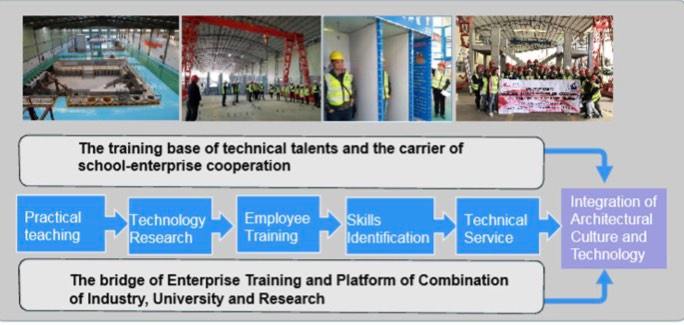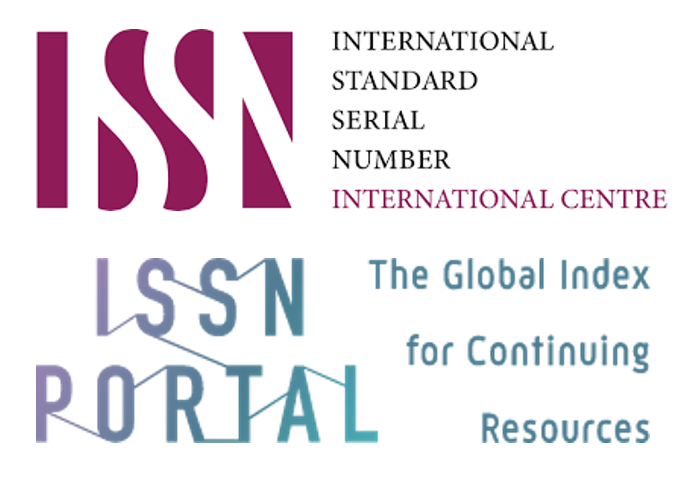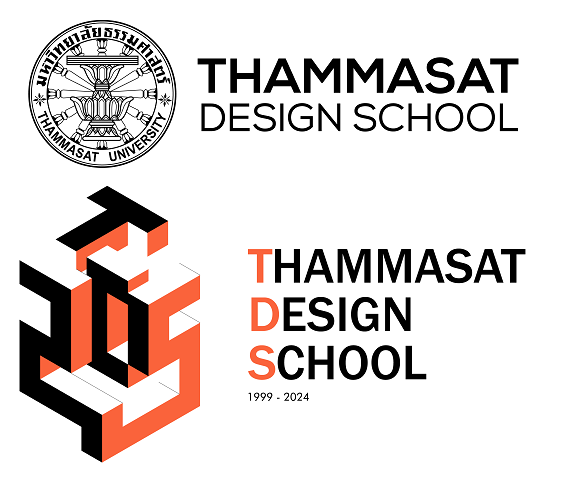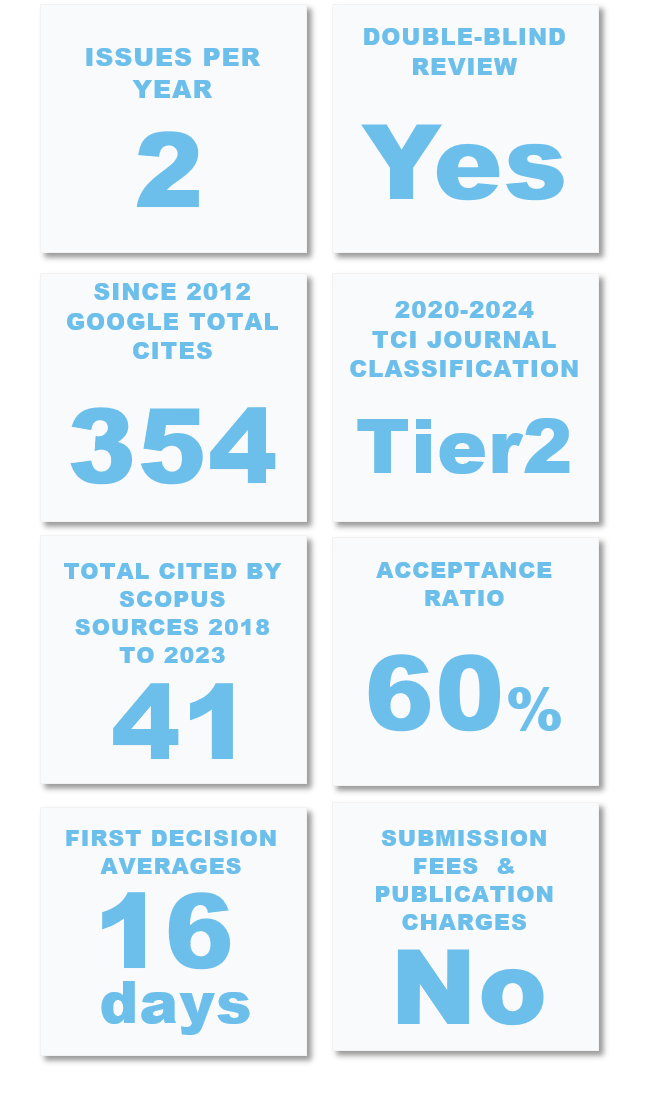Practical Research on the Construction of Industrial Workers under the Background of High-Level Professional Group Construction
DOI:
https://doi.org/10.56261/built.v20.246655Keywords:
Industrial workers, Professional group, Training baseAbstract
The construction of workers in the construction industry in the new era is the key link to promoting the transformation from “migrant workers” to “industrial workers” and promoting the transformation of industrial workers from “workers” to “craftsmen”. In view of the present situation and problems of industrial workers ‘ skill quality improvement, under the background of high-level specialty group construction, Guangzhou City Construction College explored a set of ‘ double representative ‘ vocational education modes. Professional groups set up a special training team, to explore vocational education more closely with the construction industry workers’ professional practice, for the society
to cultivate professional skills, and skilled, excellent quality of construction industry worker’s practice research. Through the analysis of the questionnaire results of 312 construction workers ‘ training visits, the ways and methods of industrial workers ‘ team reform are put forward from the perspective of vocational training. It is suggested that the training of industrial workers in the new era needs the coordination of the government, industry, enterprises, schools, and individuals. The training process can adopt the ‘ double belt table ‘ mode, and pay attention to the improvement of workers ‘ practical skills, and the online and offline training methods are the most appropriate.
Downloads
References
Aihua, L., & Youkui, G. (2021). Higher vocational collegesbased on the modernization of service building industry. Journal of Yantai Vocational College, 16(01), 55-59.
Dawei, C., Yuxuan, L., Jie, L., & Ping, L. (2021). Implementation path to improve the professional ability of construction workers for high-quality construction. Journal of Civil Engineering and Management, 38(04), 52-57.
Guangbin, W., Ke, X., & Dongping, C. (2021). Scenario prediction of labor demand in China’s construction industry in 2035. Journal of Civil Engineering and Management, 38(4), 15-22.
Guomin, Y., & Fei, W. (2018). Research on the vocational skills training approach of industrial workers-based on the perspective of government purchased training services. Shandong Trade Union Forum, 24(02), 17-24.
Hongyu, S. (2020). Vocational college training serving the transformation and upgrading of the construction industry: current situation review and improvement path. China Vocational and Technical Education, 24, 89-92.
Lai, P. C., & Liew, E. J. (2021). Towards a cashless society: the effects of perceived convenience and security on gamified mobile payment platform adoption. Australasian Journal of Information Systems, 25, https://doi.org/10.3127/ajis.v25i0.2809
Lai, P. C., & Tong, D. L. (2022). An artificial intelligencebased approach to model user behavior on the adoption of e-payment. In P. C. Lai (Ed.), Handbook of research on social impacts of e-payment and blockchain technology (pp. 1-15).
IGI Global. Lang, H., An, L., & Chun, Z. (2021). Research on countermeasures for construction enterprises to cultivate their own workers. Housing and Real Estate, 7, 184-185. Linlin, Z. (2020). Research on the construction of China’s industrial workers in the new era. Shandong University.
Mingxu, Y., Yu, G., & Lesheng, L. (2020). Research on the effectiveness, problems and reform paths of construction industry workers. Journal of Jiangxi Vocational and Technical College of Electric Power, 33(06), 119-121.
Peizhen, W., Lianbo, Z., Lingna, L., & Yilei, H. (2021). Survey on the basic situation and training status of industrial workers in prefabricated construction. Engineering Construction, 53(05), 71-74.
Vyas, L., & Butakhieo, N. (2021). The impact of working from home during COVID-19 on work and life domains: an exploratory study on Hong Kong, Policy Design and Practice, 4(1), 59-76. Xiao, Z. (2021). Thoughts on the industrialization of “migrant workers” in the construction industry. Construction, 17, 31-35.
Xiaoyun, J. (2021). Exploration and practice of the construction of a new type of construction industry worker team. Architecture, 11, 50-52.
Yan, S., & Si, S. (2019). Research on the occupational values of the new generation of industrial workersbased on the comparative analysis of “post-80s” and “post-90s”. Shandong Trade Union Forum, 25(01), 85-93.
Yongjie, D. (2017). Research on the motivation mechanism of the conversion of migrant workers into industrial workers in China’s construction industry. Chongqing University.
Yuanli, H. (2017). Innovate the system and mechanism to cultivate the construction industry worker team. Architecture, 19, 36-39.
Zhanying, R. (2018). Analysis on the key issues of strengthening the connotation construction of higher vocational colleges in the new era. China Vocational and Technical Education, 19, 53-57.
Zhongfu, L., Hongling, P., & Jin, C. (2021). Research on the restrictive factors of migrant workers’ industrialization under the background of construction industrialization. Construction Economy, 42(07), 84-88.

Downloads
Published
How to Cite
Issue
Section
License
Copyright (c) 2022 International Journal of Building, Urban, Interior and Landscape Technology (BUILT)

This work is licensed under a Creative Commons Attribution-NonCommercial-NoDerivatives 4.0 International License.











